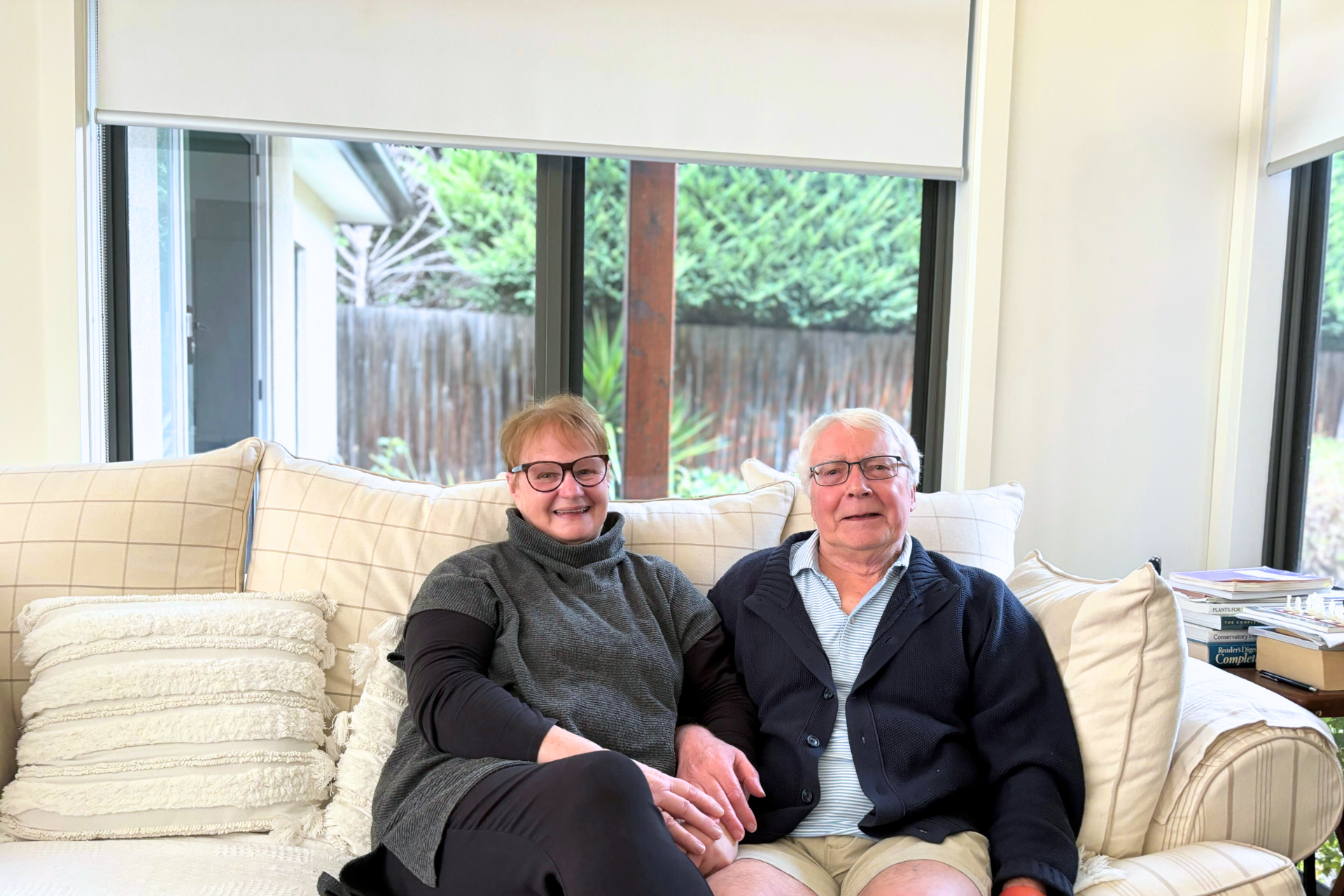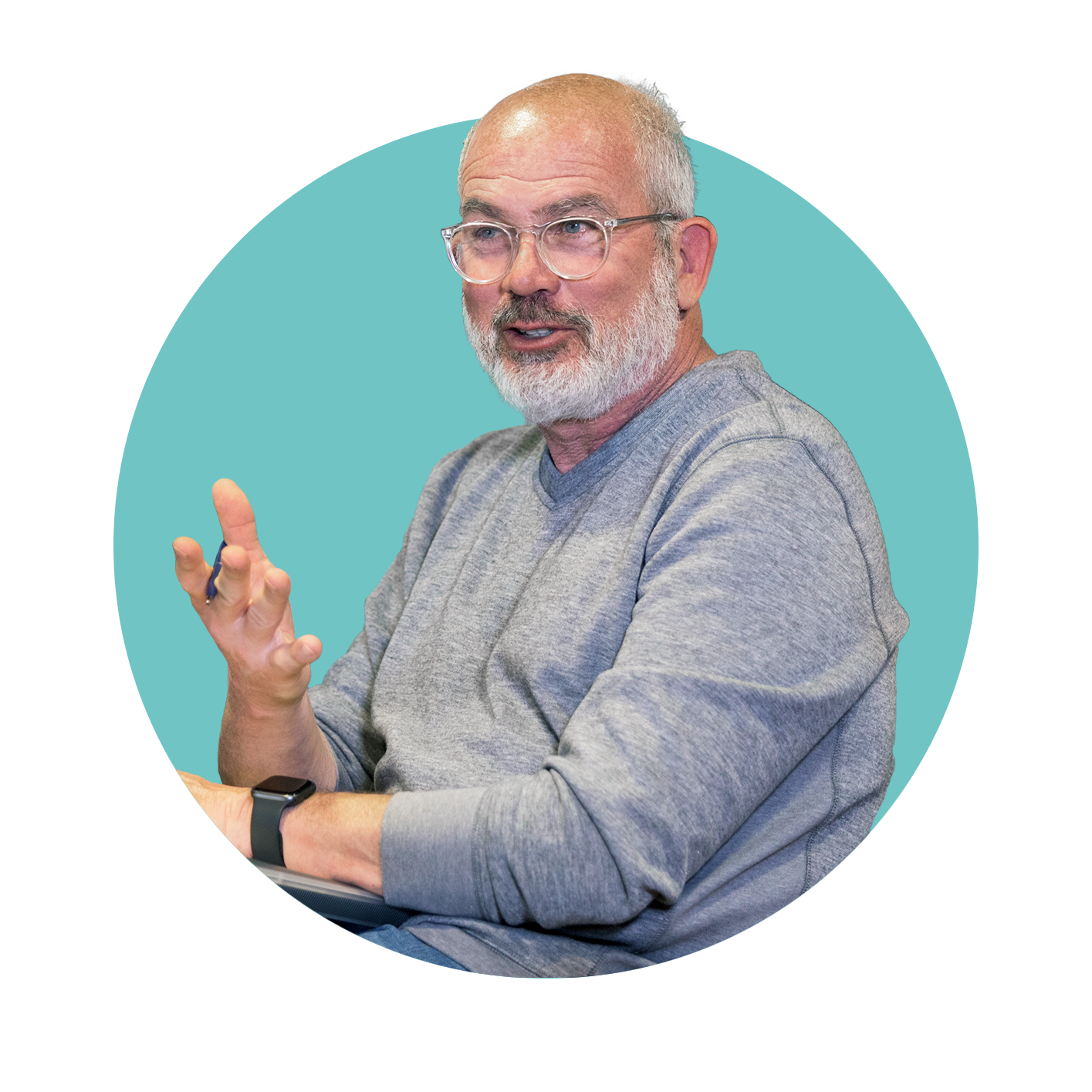A holistic approach to Dementia Care
Dementia is a significant and growing health and aged care issue in Australia that has a substantial impact on the health and quality of life of people with the condition, as well as their family and friends. The new Dementia Rehabilitation Program is designed to support people with dementia and their carers to stay at home and be independent.
Related Tags

Dementia is set to become Australia's leading cause of death. The most recent Australian Bureau Statistics data indicates that there are now only 250 deaths separating the top two leading causes. Heart disease, the leading cause of death in 2023, accounted for 9.2% of deaths, closely followed by dementia (including Alzheimer's disease) which accounted for 9.1% of deaths.
With increasing trends, dementia is set to become Australia's leading cause of death. As the condition progresses, the functional ability of an individual with dementia declines, eventually resulting in the reliance on care providers for all aspects of daily living.
It is a progressive disease without a cure, impacting close to half a million Australians and affecting almost 1.6 million who are involved in their care.
In south eastern Melbourne, approximately 11,000 people are living with a diagnosis of dementia, with nearly a third of this group residing in the Mornington Peninsula Shire and the City of Casey. There are also high numbers of people living with a diagnosis of dementia in Kingston, Greater Dandenong and Frankston.
The Royal Commission into Aged Care and Dementia Australia recommend optimising independence and wellbeing by accessing an allied health professional. Without treatment and rehabilitation, people with dementia may decline faster and enter aged care earlier.
Rehabilitation helps people to maximise their independence, relationships, and quality of life.
It gives them opportunities to retain or regain skills and activities they may have lost or be at risk of losing and helps them and their care partners develop alternate strategies of support.
Improving access to allied health-led rehabilitation activities
This year SEMPHN commissioned a program to improve the lives of people living with dementia and enhance their independence and wellbeing, through allied health-led activities.
Following a March 2023 tender to procure providers, Encara was commissioned to provide the Dementia Rehabilitation Program.
The program was developed in response to a needs assessment and research conducted by Professor Michele Callisaya of Monash University, in collaboration with the National Centre for Healthy Ageing, focused on 'Dementia Rehabilitation'.
In July 2023, the pilot program began its services for individuals aged over 65, and in June 2024 expanded its reach from Mornington Peninsula Shire and City of Casey to include residents of the Cities of Greater Dandenong, Kingston and Frankston.
It is set apart from other services by its free 12-week intensity program, providing two to three visits from Allied Health professionals in-home, each week, to help participants maintain their quality of life and function in their day-to-day life, with the aim of supporting people to live in the community for longer.
The free in-home program does not require transport and is led by a team of Allied Health professionals offering personalised care, evidence-based interventions, and a collaborative approach to empower individuals living with dementia.
The program provides physical activities, social support, and education, specifically:
- An expert team of caring professionals specialised in dementia care
- Personalised interventions to promote independence and quality of life
- Home visits by occupational therapists to assess and support daily living activities
- Podiatry assessments for comfortable footwear and overall foot care
- Physiotherapy sessions to improve balance, physical strength, and mobility giving participants the confidence to continue their day-to-day life and activities they enjoy
- Access to additional allied health services, including Dietetics and Speech Therapy
- Aromatherapy and art therapy
- Ongoing education and support for participants and their families, including starter packs with weights and TheraBand's to continue program after twelve weeks.
Education is a crucial component of the program, both for the client and their family member or carer
For people living with dementia, the shock and uncertainty after a diagnosis can have a devastating impact. The education aspect of the program builds capacity for the participant and carer, and provides guidance in navigating the health system, creating awareness of the available resources and services, and may make dealing with a dementia diagnosis a bit easier.
‘Embrace it and don’t let go’
Bill and Betty’s experience with the free Dementia Rehabilitation Program
Receiving a dementia diagnosis can be challenging. For Bill and his wife, Betty, who is now also his carer, it was a heartbreaking discovery.
To showcase the program and its benefits, Betty and Bill (pictured) shared their positive personal experience.
After a hospital visit, a social worker recommended the Dementia Rehabilitation Program to Betty and Bill, and this was followed up by an interview.
"The program helped me a lot, just knowing that I’m doing the right thing,"
"To anyone given the opportunity to join, we would say embrace it with open arms and don’t let it go!" Betty said.
An article was published broadly in SEMPHN’s Network News, social media platforms and shared with local councils for promotion in their newsletters, reaching an extensive audience of general practitioners and people working in aged care homes.
It was re-purposed with the theme: “Act Now for a Dementia-Friendly Future” during
Dementia Action Week in September 2023
and picked up in multiple council publications.

Tangible hope for participants and their carers
By helping people with dementia to live independently in their own homes, stay engaged in their community and continue to enjoy their hobbies and social activities, the Dementia Rehabilitation Program is contributing to SEMPHN’s vision of creating opportunities for people in south east Melbourne to live their healthiest lives.
Participants are experiencing positive benefits and new opportunities to connect, including being linked, again, back into the community, and attending the library, chess clubs and social events.
Carers are also gaining confidence and assurance that they are supporting their partner to the best of their ability following a dementia diagnosis.
Up next:
Regional Suicide Prevention Response Collaborative
SEMPHN is committed to reducing rates of suicide and suicide attempts across South Eastern Melbourne.





